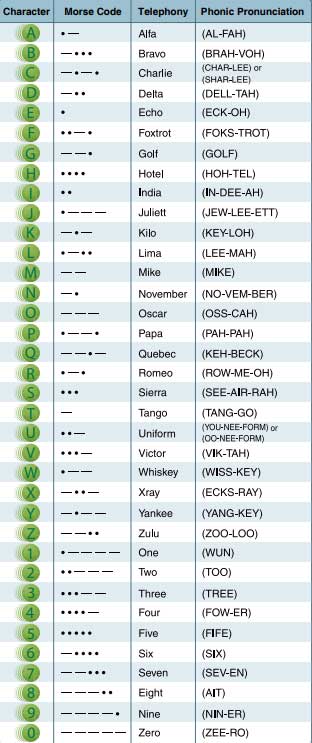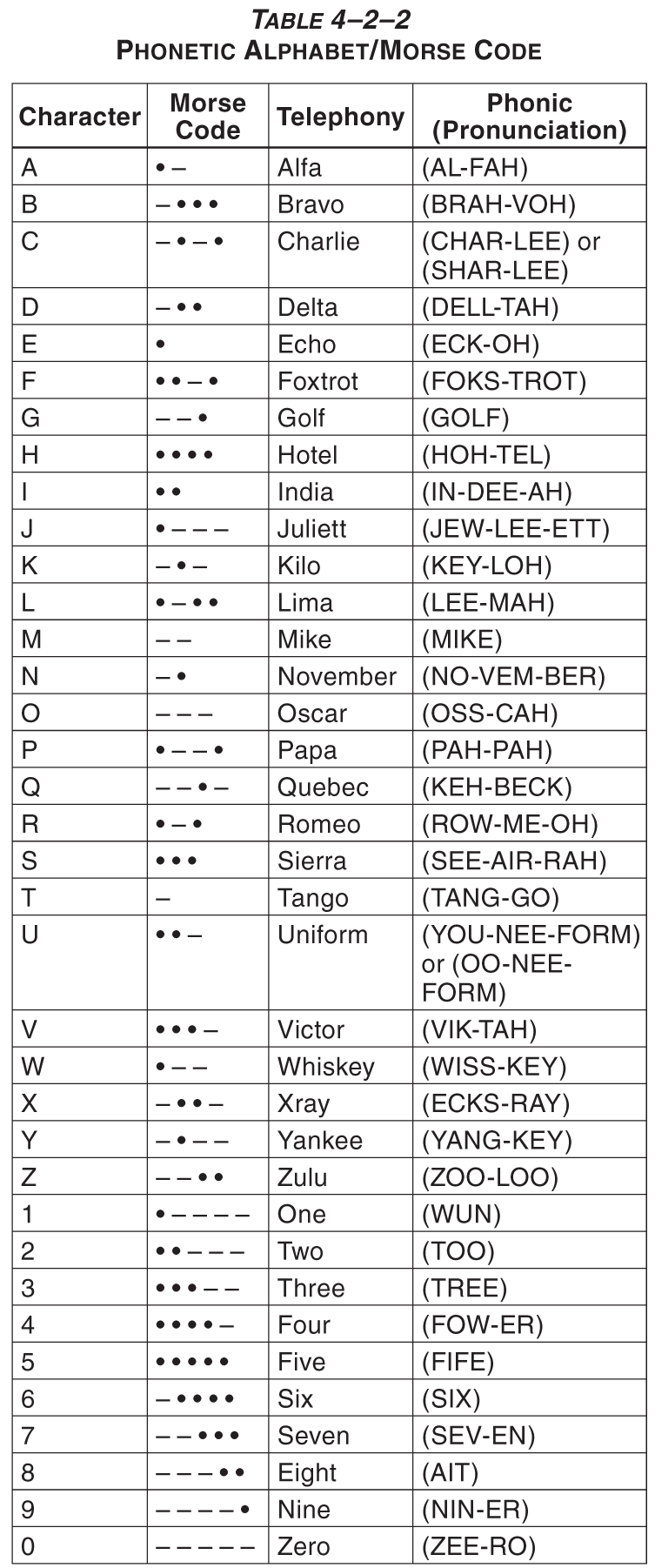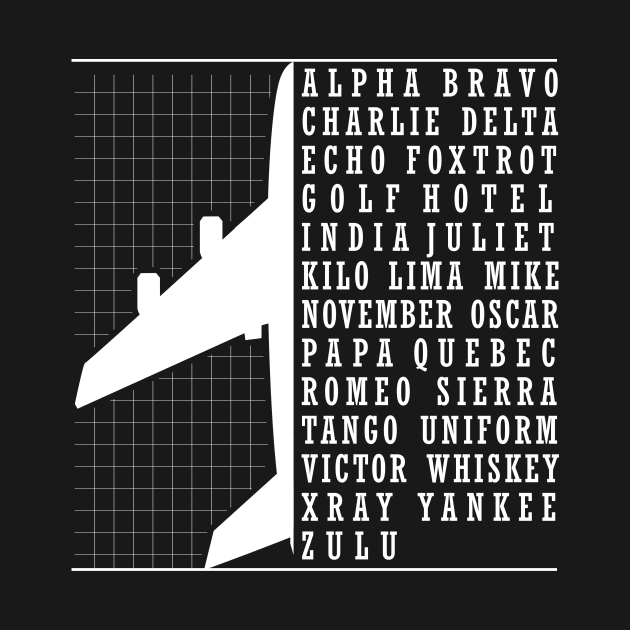
These initial long-distance telephone lines were of low quality and made communication difficult. The need for a spelling alphabet arose after the adoption of long-distance telephone circuits (often referred to as lines). Some of these unique spelling alphabets have been used in an unofficial military aviation context.
The Swedish Armed Forces Radio Alphabet. Language-specific spelling alphabets have also been developed, the most notable being the following: For example, Runway 12 will be designated the same in the United States as the rest of the world, but Runway 05 (i.e., “Runway Zero Five”) will be designated as Runway 5 (i.e., “Runway Five”). In the United States, runway designators do not start with zero, contrary to the rest of the world. In Indonesia, Malaysia, and Singapore, “Lima” (used to refer to the letter “L”) is replaced by the word “London,” as “Lima” is the word for “five” in Malay and Indonesian. At airports where there are many Delta Air Lines flights, “Delta” is often replaced by “David,” “Data,” or “Dixie” (with “Dixie” being the most common) to avoid confusion as “Delta” is the callsign used to refer to Delta Air Lines flights. In the United States, “.” is referred to as “point” (e.g., 121.5 = one two one point five), while the rest of the world refers to “.” as “decimal” (e.g., 121.5 = one two one decimal five). Due to historical and ongoing conflict with India, Pakistan replaced the word “India” used for “I” with “Italy” or “Indigo.”. In most Muslim countries that observe a strict alcohol ban, the word “Whiskey” used for “W” is replaced with “White” or “Washington.”. VariationĪs with every spelling alphabet system that came before it, the ICAO phonetic alphabet has inevitable exceptions around the world: Even in the United States, there are a significant number of non-native English speakers with FAA licenses. These conventions have been refined and developed over decades and become particularly important when flying in an international environment such as Europe. When written, these unique words are often incorrectly spelled, and the pronunciation conventions are often ignored.Īs a pilot, it is your responsibility to observe these conventions, even if they seem redundant. The number five has been changed to “fife” to avoid confusion with the English word “fire,” which shares a similar pronunciation to the word “five.”. 
The number three has been changed to “tree” to avoid the “th” sound.The pronunciation of the number four has been changed “fower” (fow er) to avoid confusion with the English word “for.”.The number nine has been changed to “niner” (nine er) to avoid confusion with the German word “nein,” which means “no” and is pronounced the same as the English number nine.The pronunciation of the numbers 3, 4, 5, and 9 have been changed to avoid confusion for the following reasons: “Thousand” becomes “tousand” (i.e., “taou zend”).

The primary reason for the modification of the pronunciation is to eliminate the “th” (tongue between teeth) sound in words such as “three.” This “th” sound is eliminated by removing the “h” in “th.” Other notable spellings relate to the pronunciation of numbers.
An extra “t” was added to the end of “Juliet,” as native French speakers may interpret the last “t” in “Juliet” as silent. Because of the unique English and French pronunciation of the “ph” in “Alpha,” it was decided to replace the “ph” with “fa,” leading to the spelling of “Alfa.” This ensured correct instinctive pronunciation by most non-English and non-French speakers. Most notable is the spelling of Alfa and Juliett: To avoid confusion between languages and similar words, the spelling and pronunciation of certain words and numbers have been changed compared to their traditional English versions. In aviation, the following ICAO Aviation Alphabet is used (underlined parts indicate which syllables should be emphasized): LetterĪdditionally, the following aviation numerals are used: NumberĪ vital aspect of the ICAO aviation alphabet is the tailored pronunciation and spelling of certain words and numbers. To solve this issue, a set of standardized words was created to denote each letter of the alphabet. 
This issue is exacerbated when audio quality is reduced, such as during a phone call or radio transmission. Everyone has experienced the frustration of trying to communicate the spelling of a word or phrase only to have to repeat it, or worse, not realize that it has been received incorrectly.







 0 kommentar(er)
0 kommentar(er)
